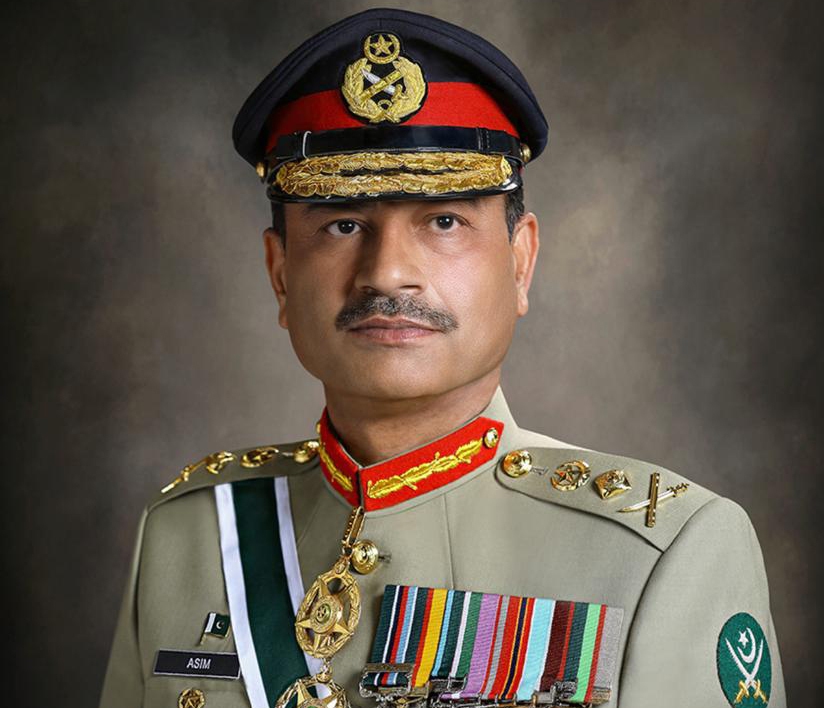Pakistan Army Chief General Asim Munir, who is currently on an official visit to the United States, faced protests from groups of overseas Pakistanis during his stay in Washington, DC.

Videos widely circulated on social media showed demonstrators booing and shouting slogans as the General arrived at a hotel in the city. Protesters carried banners and placards labelling him as a mass murderer and raised slogans such as ‘Shame on You’, ‘Islamabad Ka Qatil’, and ‘Asim Munir, you are a coward’.
The protest took place outside a hotel in Washington where the Army Chief was scheduled to attend engagements. Demonstrators gathered on the streets and chanted against General Munir, accusing him of undermining democracy and portraying him as a symbol of authoritarianism.
The overseas unit of the Pakistan Tehreek-e-Insaf party also circulated videos of the protest and alleged that the Army Chief had committed crimes against the people of Pakistan.
The situation drew attention online and triggered strong reactions, with many social media users amplifying the slogans and messages displayed during the protest.
"Aa gaya Haramzada…Asim Munir shame on you"
— BALA (@erbmjha) June 17, 2025
Pak Army Chief Asim Munir gets a warm welcome by Pakistanis 😂 pic.twitter.com/v21EIk1yO4
The backlash added to the controversy surrounding Munir’s US trip, which was seen by some as a diplomatic initiative by Pakistan amid evolving regional and international dynamics.
Earlier, reports had surfaced suggesting that General Munir would be attending a military parade in the United States alongside former President Donald Trump.
However, these claims were denied by the US administration, which clarified that no foreign military leaders had been invited to the event.
General Munir has recently been in the spotlight for his remarks on the two-nation theory and comments related to India, which attracted criticism on various online platforms.
His US visit comes at a time of heightened scrutiny over Pakistan’s internal political developments and its relations with the international community.


